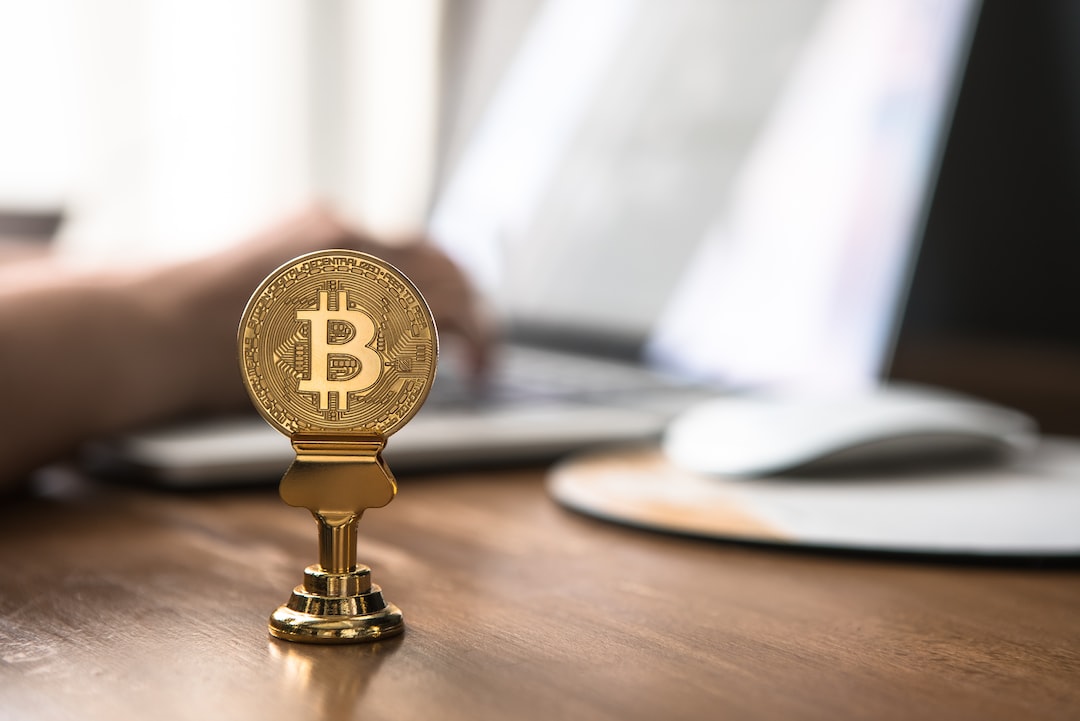India to Discuss Crypto Regulation with Other Countries, Unlikely to Implement Blanket Ban
India is set to engage in extensive discussions with other nations before implementing any regulatory framework for crypto assets. A senior government official revealed that while a blanket ban on these assets seems unlikely at this stage, the country will seek to establish global baseline standards for crypto regulations. The International Monetary Fund (IMF) and the Financial Stability Board (FSB) recently released a paper endorsing regulation instead of a blanket ban. The paper highlighted that a prohibition would be costly and challenging to enforce and could potentially undermine monetary policy and threaten global financial stability. While the paper’s recommendations could serve as a global baseline, countries have the flexibility to impose additional restrictions based on their perceived risks. The Delhi G20 declaration applauded the paper’s synthesis and proposed a road map for a coordinated and comprehensive policy and regulatory framework.
Difficult for One Country to Ban Crypto Assets
The government official acknowledged that it would be challenging for one country to ban crypto assets and avoid the impact if others do not adopt similar measures. Therefore, it is essential to establish global standards that countries can draw from. The official also emphasized that the release of the paper was advanced so that G20 members could assess the recommendations before the Leadership Summit in September. The finance ministers and central bank governors will further discuss the road map outlined in the paper during their meeting in October 2023. By engaging in extensive deliberations and promoting international cooperation, India aims to develop a comprehensive regulatory framework for crypto assets.
Hot Take: India Embracing Collaboration for Crypto Regulation
India’s decision to hold discussions with other countries before implementing crypto regulation demonstrates a collaborative approach to addressing the challenges posed by digital assets. While a blanket ban may not be on the horizon, the country acknowledges the need for global baseline standards to ensure consistent regulations across borders. The endorsement of regulation instead of prohibition by the IMF and FSB indicates a growing recognition of the potential benefits and risks associated with crypto assets. By actively participating in international discussions and leveraging the momentum gained from its G20 presidency, India is positioning itself to contribute to a coordinated and comprehensive policy and regulatory framework. This approach highlights the importance of international cooperation in shaping the future of the crypto industry.





 By
By
 By
By
 By
By
 By
By
 By
By
 By
By